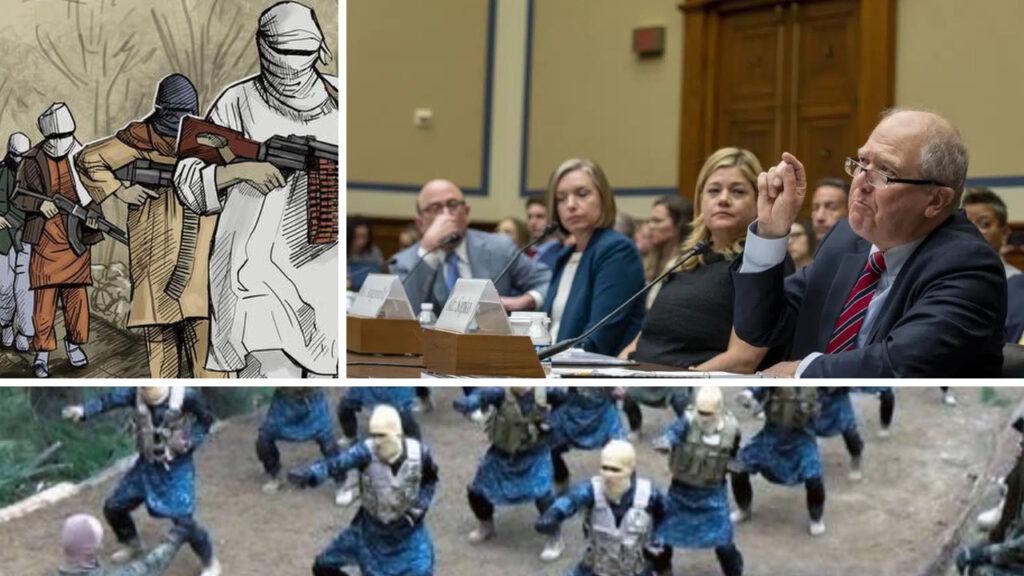According to Mr. John Sopko, the head of the U.S. government’s watchdog for the war in Afghanistan, the U.S. may have given the Taliban and Afghan terrorist organizations billions of taxpayer funds after the withdrawal of American soldiers, but even he is unaware of the entire scope of the issue. It should be emphasized that since the disorderly withdrawal of American forces in August 2021, the U.S. has given more than $8 billion in aid to Afghanistan.
John Sopko, the special inspector general for Afghanistan reconstruction, stated at a hearing of the House Oversight Committee, “Unfortunately, as I sit here today, I cannot assure you that we are not currently funding the Taliban.” “Neither can I guarantee that the Taliban are not taking it away from the intended beneficiaries, the Afghan people.”
SIGAR, also known as the Special Inspector General for Afghan Reconstruction, was established in 2008 to oversee the enormous sums of money that the United States was investing in its campaign against the Taliban.
Sopko informed the lawmakers that the State Department and the U.S. Agency for International Development’s refusal to provide information to SIGAR, despite what he claims is their legal obligation to do so, is making it challenging for the organization to carry out its legally required oversight role over the aid funds still going to Afghanistan.
Since the disorderly withdrawal of American forces in August 2021, according to Sopko, the US has given or made available to the Afghan people more than $8 billion. He pleaded with the legislators to assist SIGAR in obtaining data from the State Department and USAID, which manages civilian foreign aid and follows the secretary of state’s directives.
Sopko replied, “We need your help to stop their evasion and delay. And I’m confident that my other inspectors general would concur that we cannot tolerate a scenario in which agencies are permitted to determine which information an IG may obtain, which individuals an IG may interview, or which topics an IG may report on.
The State Department “stopped providing assistance for the purpose of the reconstruction of Afghanistan” when the Taliban took control in 2021, according to a spokeswoman.
“We have voiced concerns about SIGAR’s authority over operations occurring beyond August 2021. These issues are still up for debate, the spokeswoman stated.
The State Department continues to work with oversight organizations, including as congressional committees and agency inspectors general, that have jurisdiction over the assistance the United States is providing to Afghanistan, the State Department spokeswoman stated.
According to a representative for USAID, the agency constantly evaluates “our activities to ensure that both our assistance is reaching those for whom it is intended and that our partners have effective mitigating measures in place to help safeguard against diversion.”
The official continued, “We do not finance the Taliban.
Sopko issued a warning that the Biden administration’s refusal to release information might affect oversight of subsequent administrations. If allowed to go on, it will stop SIGAR’s work in Afghanistan as well as Congress’ ability to conduct reliable, impartial oversight of any administration.
Since 2012, when President Barack Obama selected him to lead SIGAR, Sopko has done so while working for both Democratic and Republican administrations.
In a letter sent in June, Sopko complained that USAID Administrator Samantha Power and Secretary of State Antony Blinken’s organizations were “unreasonably refusing to provide information and assistance requested by SIGAR” and that no other administration had ever questioned SIGAR’s authority.
In the letter, Sopko claimed that “inexplicably, this long track record of cooperation seems to have abruptly ended.” “Agency officials now appear to have taken a purposeful obstructive stance.”


